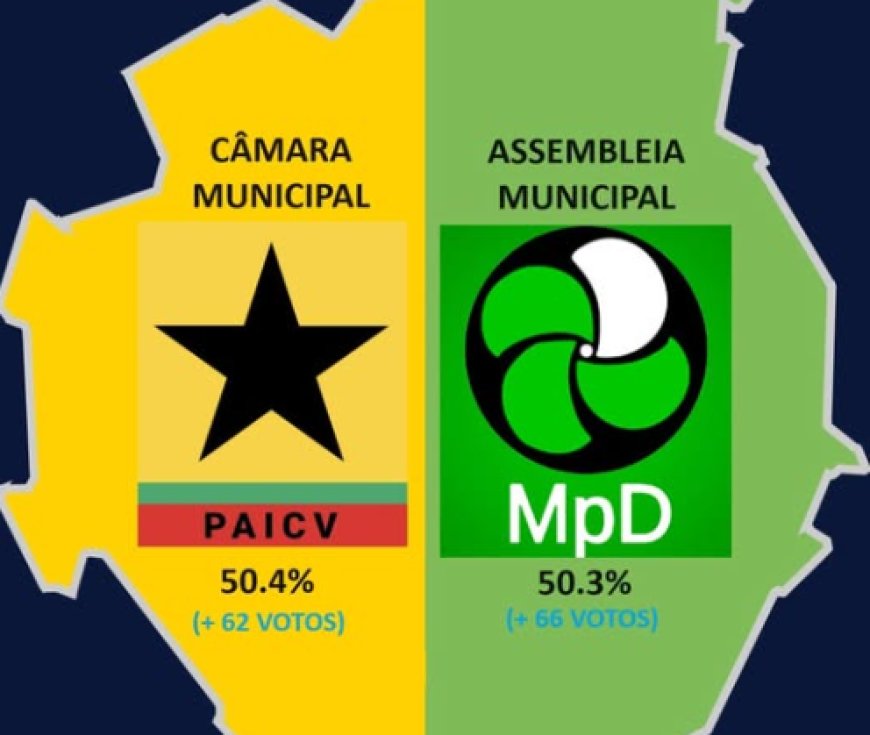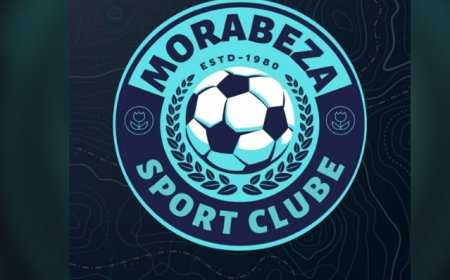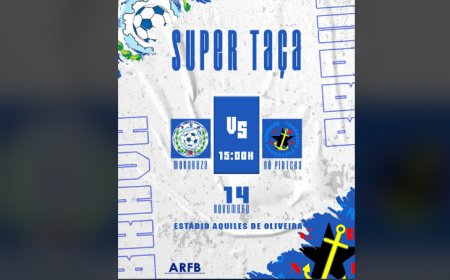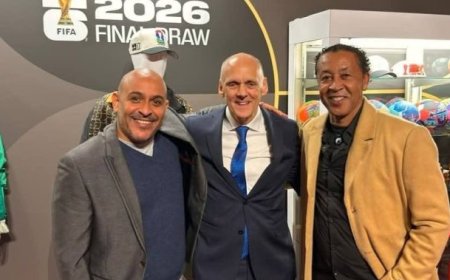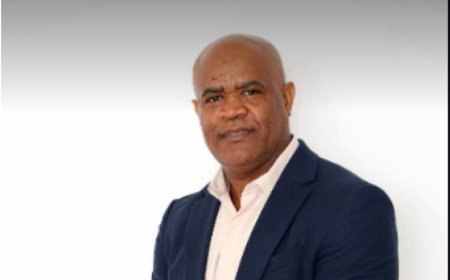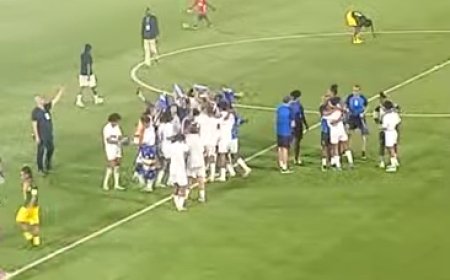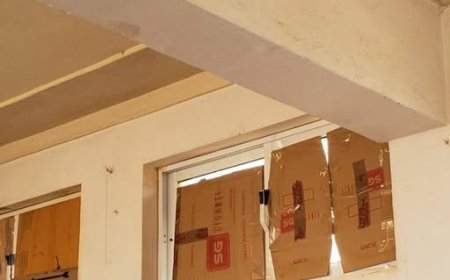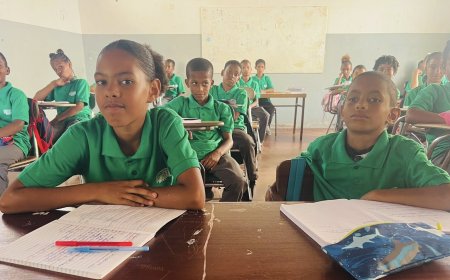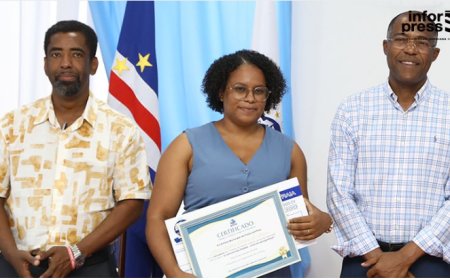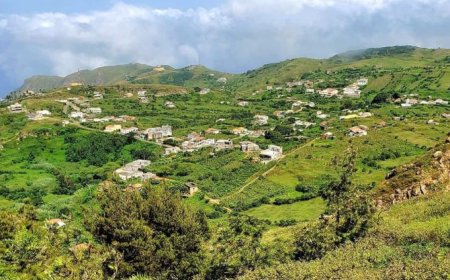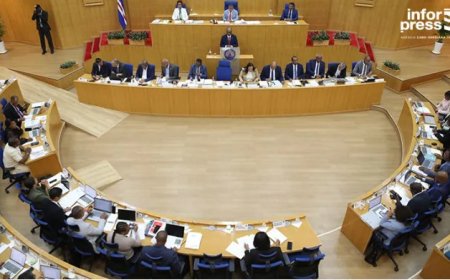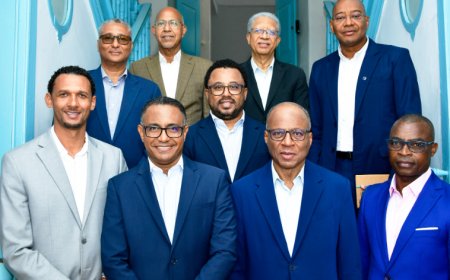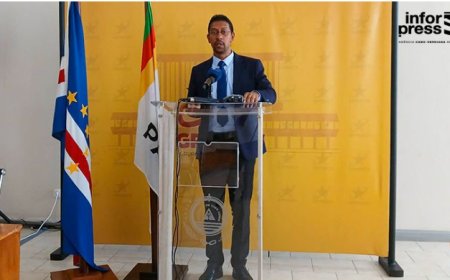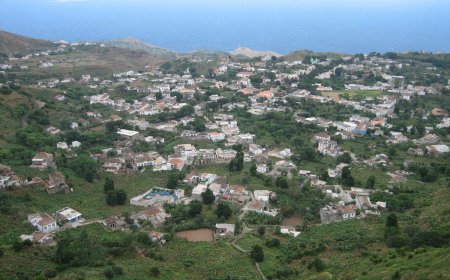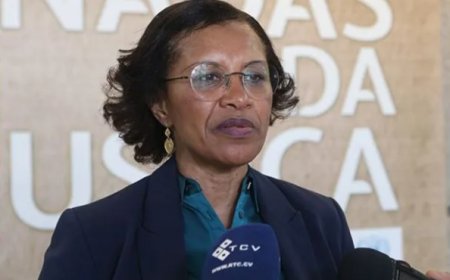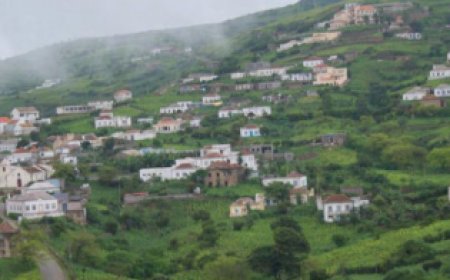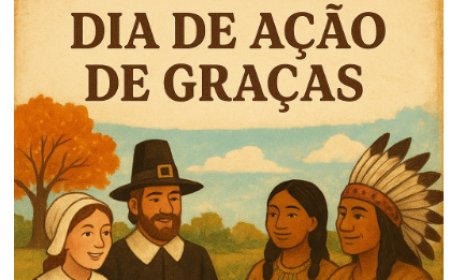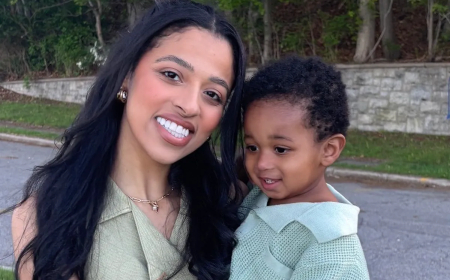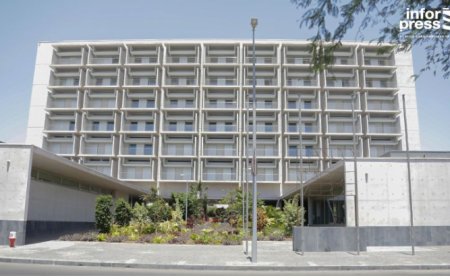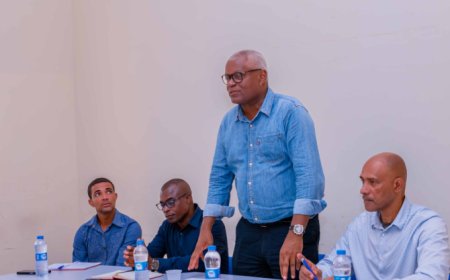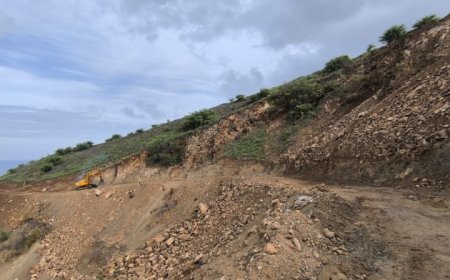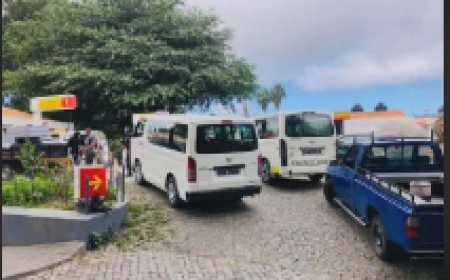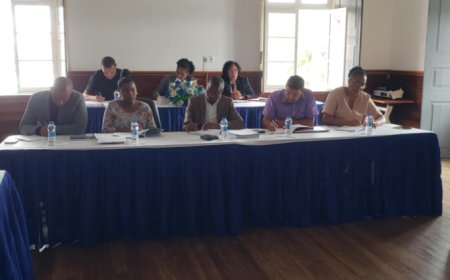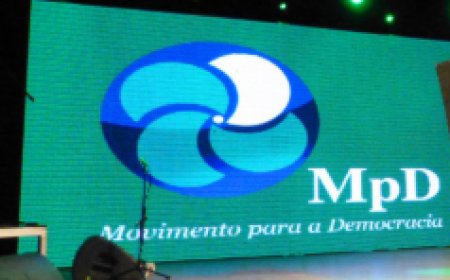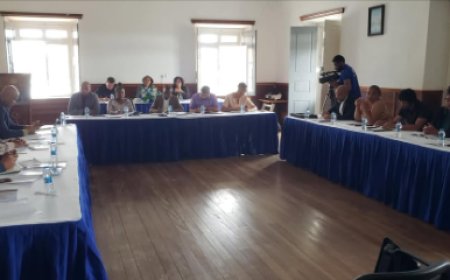Unconvinced by defeat, Francisco Tavares continues to sow division on Brava Island
City of Nova Sintra, December 9, 2024 (Bravanews) - Following the recent defeat in the municipal elections, former candidate Francisco Tavares has demonstrated a dissatisfied stance, spreading divisions in the society of Brava Island. In a clear attempt to polarize the community, Tavares has been insisting on the idea of a confrontation between those who voted for the Movement for Democracy (MpD) and the African Party for the Independence of Cape Verde (PAICV), as if the vote had been a dividing line for the island.
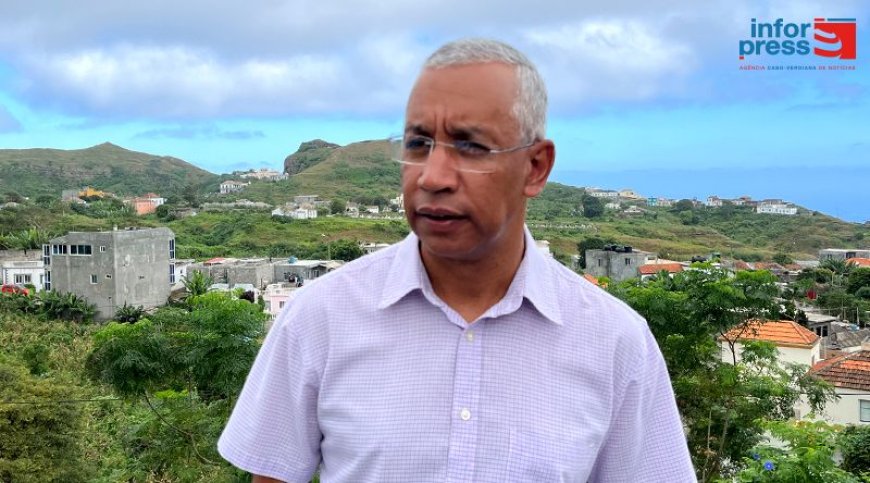
However, by promoting this separation, Tavares ignores a crucial aspect of the election: the choice for unity. The election of Amandio Brito to the City Council and Ivone Cardoso to the Municipal Assembly reflects the will of the people of Brava, who chose to give both parties responsibility for the management of the island. The vote was not a declaration of division, but rather a call for mutual cooperation, with the hope that both the MpD and the PAICV can work together for the development of Brava.
This choice of unity, far from being understood by Tavares, has been met with incomprehension and even resistance. Instead of supporting the need for cohesion between the two political forces, Tavares continues to incite a climate of division and distrust, which could weaken the collaboration necessary for the island's progress.
Francisco Tavares' stance has generated a series of reactions among Bravenses, who, for the most part, do not share this vision of fragmentation. On the contrary, they seem more interested in concrete solutions to the island's problems, regardless of party affiliations. The election of Amandio Brito and Ivone Cardoso is not seen as a triumph of one party over the other, but as a way to ensure that both political forces are held accountable for public administration, promoting more balanced and effective management.
Tavares’ discomfort is understandable, given that he was defeated at the polls. However, his resistance to the democratic process and his attempt to sow discord could jeopardize the smooth running of political and administrative activities in Brava. In times of transition, it is crucial that political leaders learn to respect the will of the people, which in this case was clear in the search for collaboration and unity.
The people of Brava, in turn, remain confident in the decision made at the polls, betting on the strengthening of institutions and the creation of a more plural and cooperative political environment. They understand that the future of Brava should not be shaped by personal interests or partisan divisions, but by the construction of a healthy dialogue that involves all sectors of society. It is this type of stance that can guarantee the island's progress, regardless of the political orientation of those in charge of public administration.
While Tavares continues his path of protest, Brava seems to be moving forward, with a new chapter that, instead of conflicts, calls for unity and joint work among all elected officials. The people of Brava, above all, want results and progress, not more divisions.
MS
